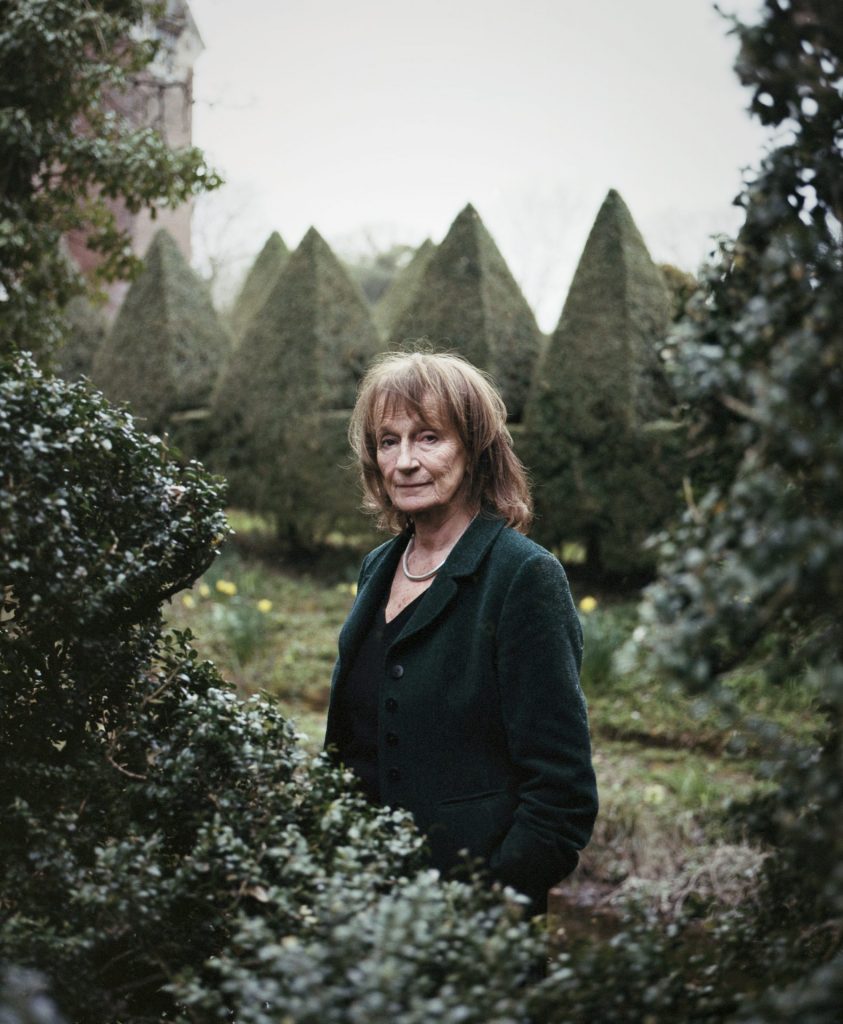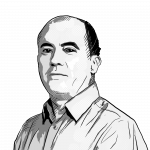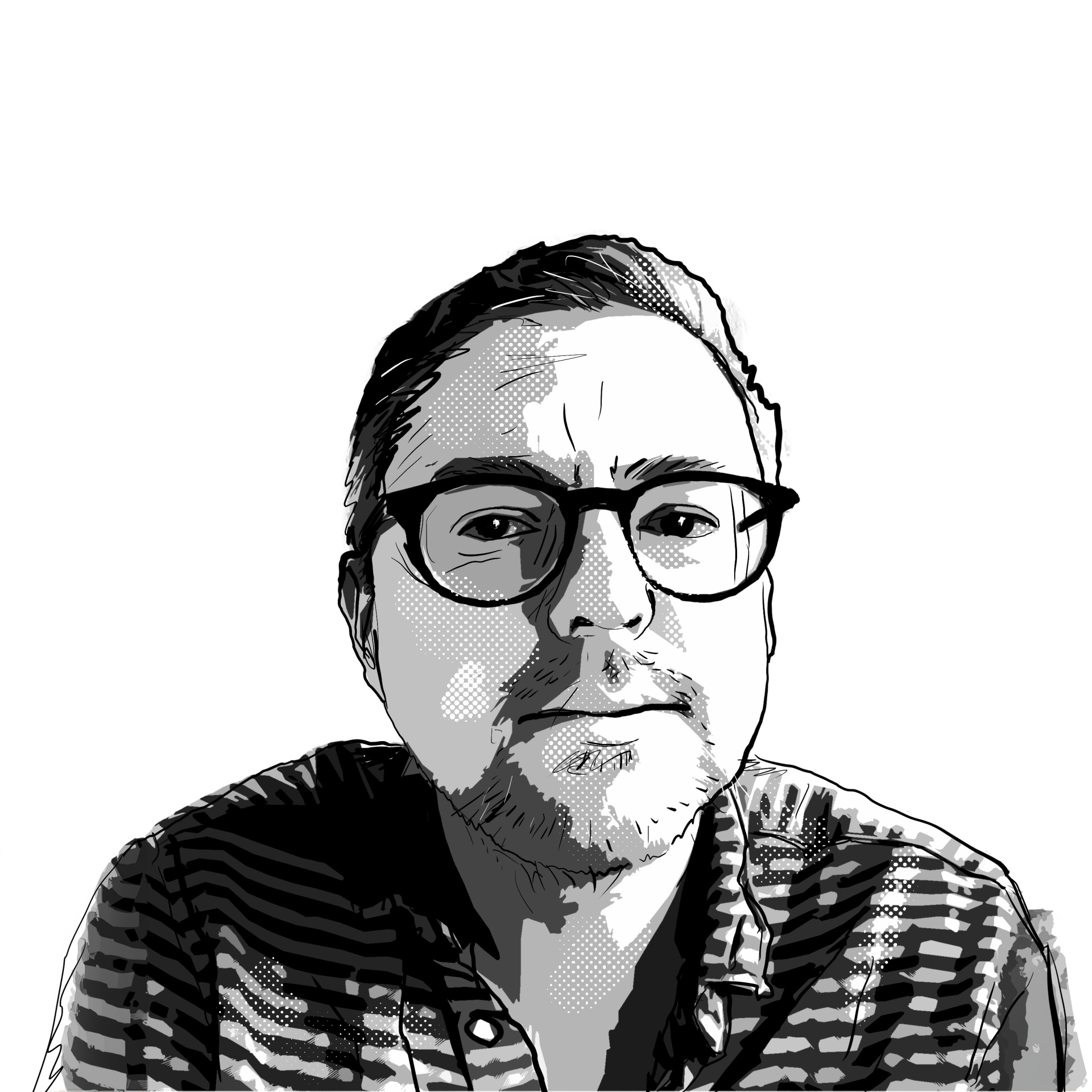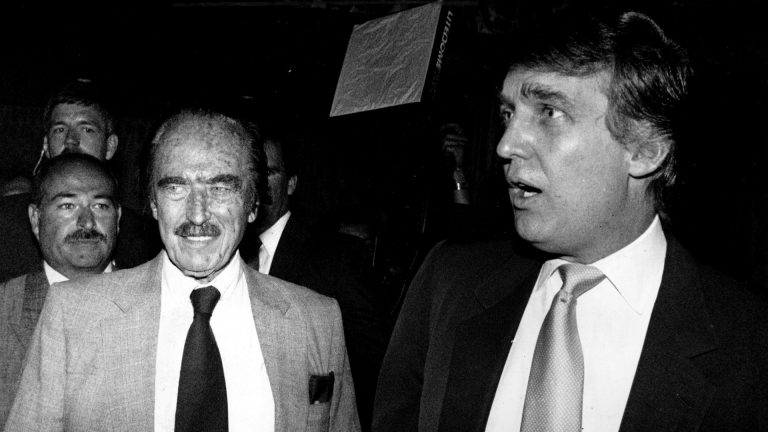Amanda Feilding, founder and director of The Beckley Foundation, has been at the forefront of scientific research into psychoactive substances and global drug policy reform for the past 50 years. She was a personal acquaintance of Albert Hofmann, the scientist who first synthesised LSD and noted its psychedelic effects 80 years ago, in April 1943.
New Scientist once described her as the “Queen of Consciousness”, while The Guardian noted “that her credibility as an advocate has not always been helped by her storied history with self-experimentation”.

The Foundation is a charitable trust which directs and supports scientific, evidence-based, clinical research into the effects of psychoactive drugs and associated substances on the human brain and cognition, with the aim of discovering new treatments for mental illnesses including anxiety, depression and addiction. She has co-authored more than 50 academic papers and in collaboration with Imperial College London has developed a comprehensive account of how compounds such as LSD, psilocybin, DMT, MDMA and cannabis affect the brain to alter consciousness, and the potential therapeutic effects these might offer.
The New European met her to talk about the history of LSD, her interest in the drug personally and professionally and her belief that its medical benefits might eventually transpire.
TNE: Did those early researchers into the therapeutic effects of LSD, working in the 1950s, discover anything tangible? Was their work effectively closed down because of the rise of LSD as a recreational drug and subsequent government panic? And did any of this early work bear any fruit?
AMANDA FEILDING: After Hofmann’s discovery of LSD in 1943, there was a burst of excitement in the medical and therapeutic worlds, with over 3000 experimental and clinical studies undertaken. Then, in the early 1960s, LSD escaped from the labs and began to spread like wildfire into the world at large. That early research was showing much of the same potential as the new studies coming out of the world’s research institutions today, although their methodology was less rigorous. But once LSD became associated with the anti-war movement and other groups which the government found troublesome, the regulators were determined to completely ignore all the scientific evidence and instead fuel an unfounded moral panic, which led to prohibition and today’s “war on drugs”.
TNE: Did that excess recreational use in the 1960s (and again in late 1980s early 1990s) damage the reputation of LSD or, at least, any chance to prove its efficacy in certain circumstances?
AF: Those years of unfettered use did indeed damage LSD’s reputation, but the damage had less to do with people’s behaviour and more to do with the propaganda put out by governments and the media. Most of the horror stories at that time were gross exaggerations, and in many cases completely fabricated.
On the contrary, the transformational insights of LSD led to a cultural evolution, whose effects are still felt today. It sparked a wave of interest in Eastern mysticism, healthy living, nurturing the environment, individual freedoms, and new music and art. But of course, none of these cultural evolutions were on the agenda of the establishment.
All research ended with prohibition. Although, in theory, scientific and medical research was allowed by the UN Conventions, in fact the obstructions were so great that it became impossible: there was no funding or ethical approvals, and institutions and scientists didn’t want to be contaminated by finding positive results, which would damage their reputations and careers.
TNE: Similarly did users including the likes of author Aldous Huxley – perhaps inadvertently – glamorise the drug, deflecting from genuine research into its therapeutic nature?
AF: Aldous Huxley was in no way a glamouriser. On the contrary, Huxley and other exceptional thinkers like Ernst Jünger were very precise and measured in their thoughts about psychedelics, both in terms of their potential risks and their benefits. Huxley once said: “Human beings often behave with a stupidity, a lack of realism, a total inappropriateness of which animals are incapable”. I think this perfectly describes how the establishment responded to the evolution of consciousness that came with psychedelics.
There were, of course, public advocates of psychedelics who were not as measured as Huxley, Timothy Leary most famously among them. Leary called himself the “apostle” of LSD, and his aggressive style certainly did not help bring the government down from its panicked position.
TNE: Are there any studies that prove the medical benefits of taking LSD? It seems any advantages to microdosing have yet to be proven…
AF: There are many studies now showing strong evidence of the medical benefits of LSD and other psychedelics. Our work at Imperial College London, and that at Johns Hopkins in the US and other institutions, has shown great promise using psychedelics to help treat a variety of psychological ailments like depression, anxiety, addiction and PTSD. Importantly, we found the greatest success and efficacy when participants had a mystical experience, which may manifest as a sense of unity, bliss, insightfulness, and disembodiment, imbued with profound meaning.
Even at the level of a microdose, we found beneficial effects like increases in brain neuroplasticity and neurogenesis, as well as improvements in mood, vitality, vigilance and resilience to pain. Based on our brain imaging research, we can see that the psychedelics induce a state of hyperplasticity in which the brain, like when heating metal, can reshape itself along more positive patterns.
We believe that this mechanism is what makes such a wide array of benefits possible. More research is certainly needed to fully specify their potential applications, but the scientific evidence has been compelling now for a very long time.
TNE: There are a number of listed adverse effects. Do any benefits outweigh these?
AF: Psychedelics are very powerful compounds, and in the right setting, can let loose the repressive grip of the ego and bring about profound changes in consciousness that no other substances do. But when taken in a suboptimal setting, these compounds can have destabilising effects, and the process of ego dissolution can be very anxiogenic, particularly during the first few hours of the trip.
This is why we stress the importance of set and setting. Taking the compound with the wrong mindset, or in an unsafe environment, can lead to a maladaptive rather than adaptive rewiring. That said, the most common “side-effects” one might experience during the psychedelic experience are nausea and dizziness, and perhaps a headache.
TNE: What is the case for legalisation?
AF: If we ask ourselves the question “who is winning the drug war?” then the answer is the drug cartels. It is not society, and it is not the individual. Drug-related crime remains exorbitantly high, and consumption of illegal drugs goes up every year, regardless of how much money is spent to fight it. Nothing fans the flames so successfully as a policy of zero tolerance. The consumption of illegal substances cannot be eradicated, a situation that is thankfully being increasingly recognized by health and regulatory professionals.
The best we can do is to moderate the spread of drug use and implement policies of harm reduction. Not only does a culture of harm reduction lead to a happier and healthier society, it also makes possible the exploration of these compounds for their potential medical and psychological benefits, which are becoming increasingly evident from the research that has been done. That research is still prohibitively expensive and difficult to conduct thanks to the current regulation – yet another reason why prohibition has been such a failed experiment.
TNE: What did Hofmann conclude about the drug he created?
AF: The disaster of prohibition only confirmed in his mind his resolution to stay alive and alert for as long as possible, in order to advocate for the positive value of LSD, and to patiently await the turn of the regulatory tide. During the prohibition years, he did research with Gordon Wasson and Carl Ruck on the Eleusinian Mysteries [religious initiations in Ancient Greece], which suggested that the sacrament used in the most potent ceremony of the classical world was chemically close to LSD. This further confirmed his belief that LSD could be the catalyst of a spiritual renaissance capable of plucking modern man from the abyss of his own destruction.
On Hofmann’s 100th birthday in 2006, two years before his death, his life and achievements were celebrated by a large international gathering in Basel, and by then he already felt the tide had turned for LSD’s respectability. I had promised him that by his 100th birthday, I would have obtained the first permissions to carry out scientific research on LSD with human subjects, breaking the long spell which had excluded his “Wunderkind” from its natural role.
In the end, it took until his 101st birthday to obtain those permissions, allowing research to begin. It would have been wonderful if he could have seen the fruits of that labour.











